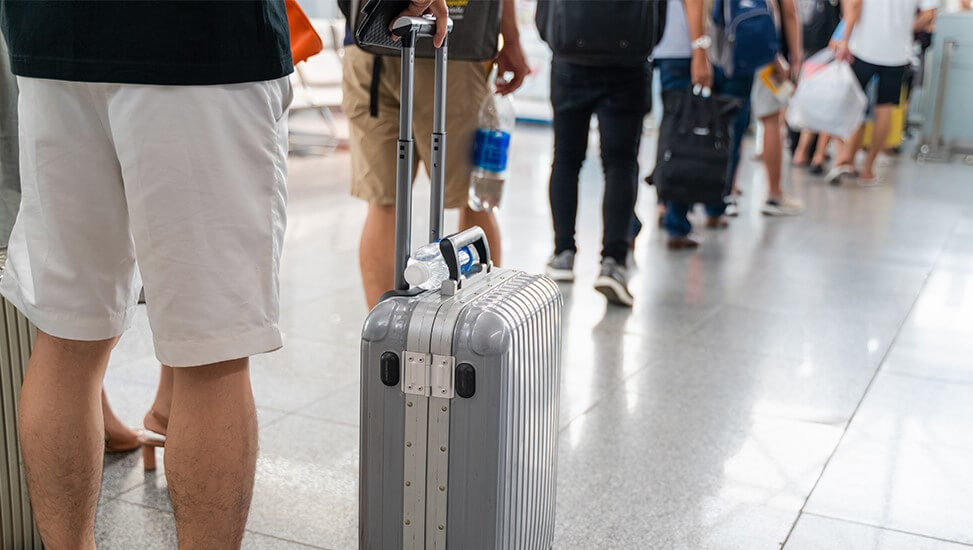
Overbooking is a common problem in the hospitality industry, causing major issues for both – hoteliers and guests.
NB: This is an article from innQuest
Striking the perfect balance between fully booked rooms and avoiding overbooking can be a challenging task. As is known, overbooking can be a delicate issue for hotels, as it causes disgruntled guests who are unable to check into their rooms.
Subscribe to our weekly newsletter and stay up to date
However, hoteliers often argue that the benefits outweigh the risks. The question yet remains: is it the right thing to do? That being said, this blog explores some best practices for avoiding overbooking in the hotel industry as well as how to accurately track occupancy rates and manage inventory across multiple channels.
Hotel Overbooking: Concerning or Not?
Hotel overbookings are concerning but not uncommon in the industry. They are a result of a delicate balance between maximizing revenue and providing guest satisfaction. While overbooking can lead to guest inconvenience and potential financial losses for the hotel, it is a revenue management strategy used to achieve high occupancy rates.
The key lies in managing overbookings effectively by offering suitable alternatives, compensation, and clear communication to minimize guest dissatisfaction. Hotels need to strike a balance between maximizing revenue and ensuring a positive guest experience, making overbookings an issue that requires careful attention and strategic handling.
Why Do Hotel Overbookings Happen?
Here’s a brief explanation of the reasons why hotel overbookings happen:
- Uncertain Cancellations: Hotels anticipate a certain percentage of reservations to be canceled. However, when guests don’t cancel as expected, it can lead to overbooking.
- Revenue Maximization: In a bid to maximize revenue, hotels often accept more reservations than their actual room inventory. This risky strategy aims to ensure full occupancy, but it can backfire.
- System Errors: Technical glitches or errors in reservation systems can inadvertently result in overbooking, as rooms may get double-booked or inventory fails to update correctly.
- No-shows: Guests who don’t show up for their reservations can leave rooms vacant, prompting hotels to overbook to offset these potential losses.
- Third-party Bookings: Discrepancies between a hotel’s own reservation system and third-party booking platforms can lead to overbookings if not managed meticulously.
Consequences of Hotel Overbooking
Hotel overbooking can have several negative consequences for both guests and the hotel itself:




